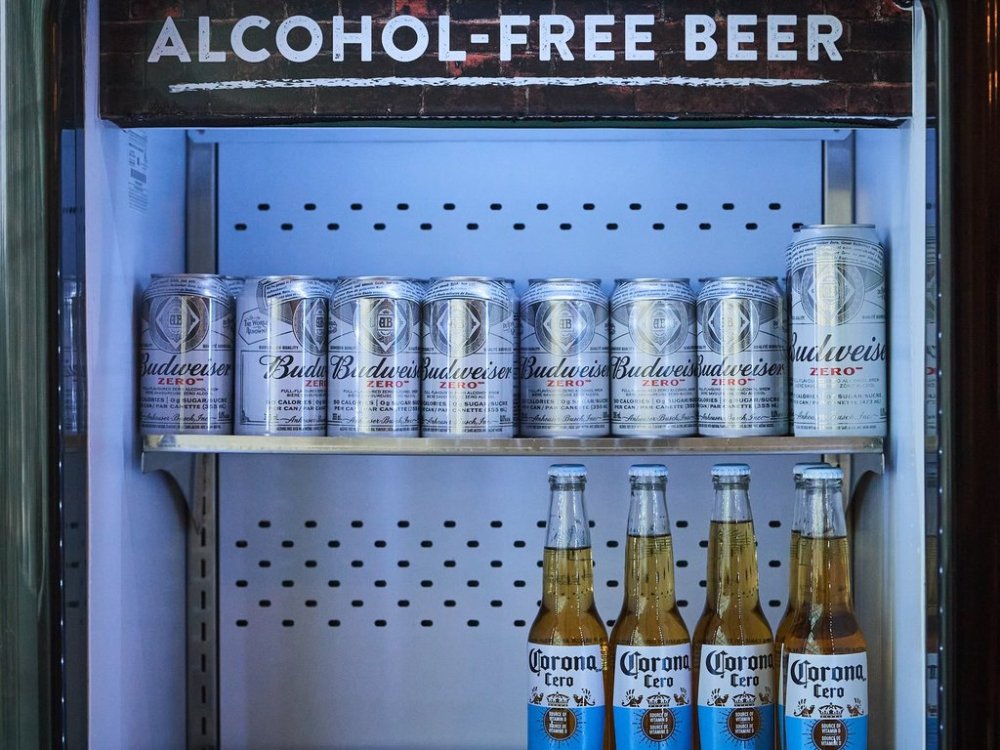Non-alcoholic, health-conscious drinks still in high demand as tastes shift: report
Advertisement
Read this article for free:
or
Already have an account? Log in here »
To continue reading, please subscribe:
Monthly Digital Subscription
$0 for the first 4 weeks*
- Enjoy unlimited reading on winnipegfreepress.com
- Read the E-Edition, our digital replica newspaper
- Access News Break, our award-winning app
- Play interactive puzzles
*No charge for 4 weeks then price increases to the regular rate of $19.00 plus GST every four weeks. Offer available to new and qualified returning subscribers only. Cancel any time.
Monthly Digital Subscription
$4.75/week*
- Enjoy unlimited reading on winnipegfreepress.com
- Read the E-Edition, our digital replica newspaper
- Access News Break, our award-winning app
- Play interactive puzzles
*Billed as $19 plus GST every four weeks. Cancel any time.
To continue reading, please subscribe:
Add Free Press access to your Brandon Sun subscription for only an additional
$1 for the first 4 weeks*
*Your next subscription payment will increase by $1.00 and you will be charged $16.99 plus GST for four weeks. After four weeks, your payment will increase to $23.99 plus GST every four weeks.
Read unlimited articles for free today:
or
Already have an account? Log in here »
TORONTO – A new report says the beverage industry has grown to meet Canadians’ shifting tastes as demand rises for both health-conscious and non-alcoholic drinks.
The report from the Conference Board of Canada, which was funded by the Canadian Beverage Association, says households spent $12.5 billion on non-alcoholic beverages in 2024, which was three per cent above pre-pandemic levels.
But household spending on non-alcoholic drinks has moderated from the peak of just over $13 billion it saw during the pandemic, coming down 4.4 per cent since 2020.

The report estimates the non-alcoholic beverage sector added $5.8 billion to Canada’s GDP last year, generating $0.8 in additional GDP for every dollar of output.
It says the industry supported 45,000 direct, indirect and induced full-time equivalent jobs, as direct employment surpassed 16,000 full-time roles.
The research also shows that consumer preferences have also been shifting toward beverages with ingredients that carry health benefits, reduced sugar, organic certification and plant-based components.
This report by The Canadian Press was first published Nov. 25, 2025.

